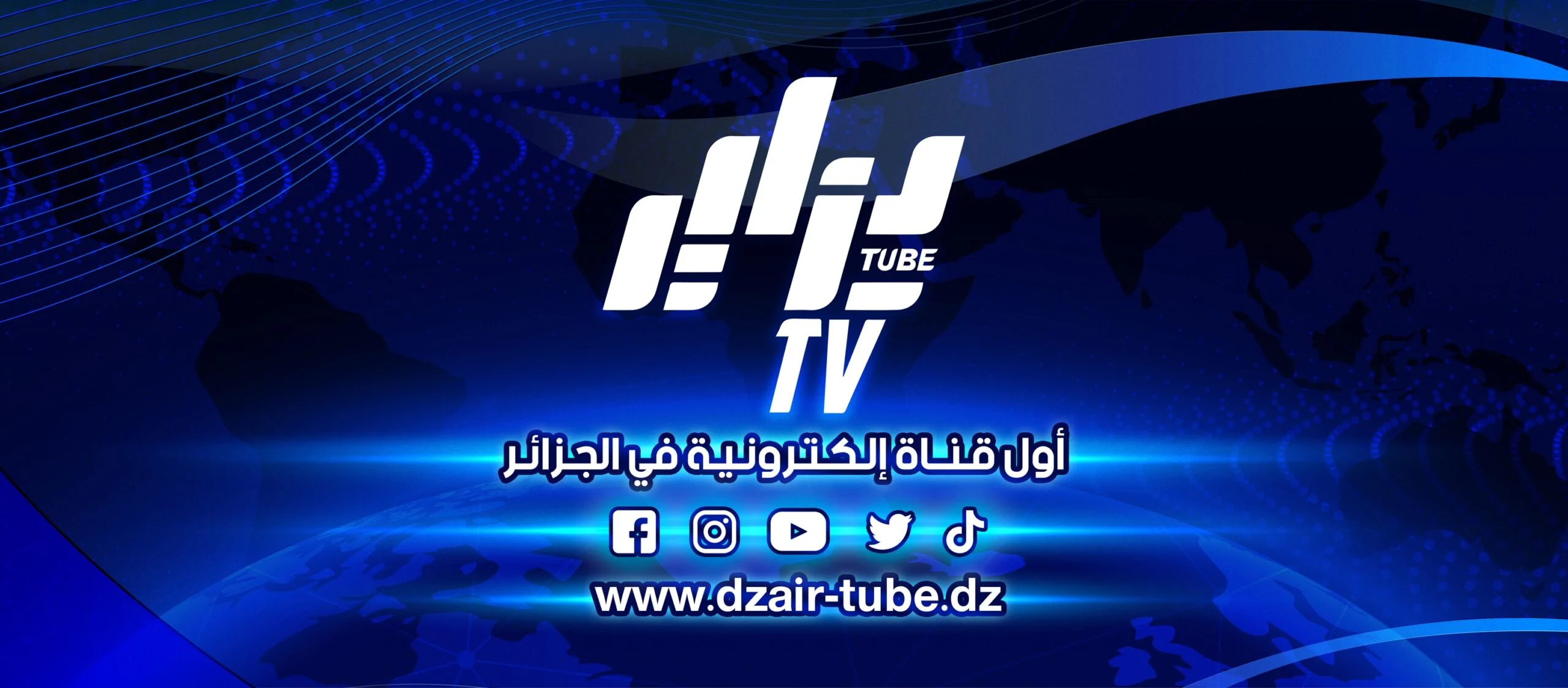The World Awaits a Referendum on Truth: Algeria Revives the Day King Hassan II Recognized the Sahrawi People’s Right to Self-Determination
✍️ BY: Maamar Gani
Algiers – October 2025 – It seems that history has chosen to repeat itself—but this time, under brighter lights and sharper lenses. While the American lobby pushes for a new draft resolution in the UN Security Council backing Morocco’s so-called “autonomy plan” for Western Sahara, the geopolitical winds have clearly shifted, signaling that the era of American diktats is being put to the test.
On Tuesday, the United Nations Security Council held a closed-door session at Algeria’s request—a session that proved to be a genuine test of the emerging balance of power within the international body. According to diplomatic leaks from New York reported by France 24, the meeting revealed mounting opposition among Council members to the U.S. draft, which sought to impose Rabat’s solution while sidestepping the principle of self-determination—the very cornerstone of all UN resolutions on Western Sahara since 1963.
Supported by Russia, China, and several African and Latin American countries, Algeria pushed forcefully for substantial amendments to the American draft. These amendments insisted on guaranteeing the Sahrawi people’s right to self-determination through a free and fair referendum supervised jointly by the United Nations and the African Union. They also drew attention to the worsening humanitarian situation in the Tindouf refugee camps and urged increased funding for UN humanitarian assistance programs.
According to informed diplomatic sources, Moscow hinted that it might resort to the veto should Washington and Paris persist in pushing through the outdated text that blatantly ignores the right to self-determination. This development was widely seen as a symbolic triumph for Algeria’s principled stance, which successfully redirected the discussion back to its legal and moral essence: a people under occupation awaiting the referendum the UN promised them half a century ago.
The most striking twist that reignited debate within the Council came from the resurfacing of a rare statement by Morocco’s late King Hassan II, in which he explicitly acknowledged his decision to hold a referendum on Western Sahara under international and African supervision. This historic admission, coming from the heart of the Moroccan monarchy itself, demolishes the official narrative Rabat has long sought to cement—one claiming that a referendum is impossible.
Hassan II said it plainly: “We have decided to hold a referendum in Western Sahara under supervision, and Morocco thus proves its full readiness to remain an active member of the Organization of African Unity and to work for the triumph of its principles.”
These words lay bare the contradiction between yesterday and today—between a monarch who recognized the inevitability of international legitimacy, and current rulers who gamble on political money and normalization deals to entrench the reality of occupation.
Today, the world appears unwilling to repeat the mistake of 2020, when former U.S. President Donald Trump recognized Morocco’s sovereignty over Western Sahara in exchange for a normalization deal with the Zionist entity. The world has changed, and so have the dynamics of power. Russia, locked in confrontation with the West in Ukraine, and China, championing the discourse of sovereignty and mutual respect, now view the Western Sahara issue as a litmus test for the emerging world order. From its principled position, Algeria has succeeded in reframing the debate—from one about “autonomy” to one that exposes the core issue: colonialism has not yet ended in Africa.
Ultimately, what is unfolding at the Security Council is far more than a diplomatic standoff—it is a battle between those who seek to bury international law and those determined to resurrect it. If Washington bets on passing its draft through coercion, the global chorus is growing louder: the age of political bartering is over. Western Sahara remains a moral benchmark, a mirror reflecting the conscience of humanity.
And just as history once recorded King Hassan II’s acknowledgment, it will now write again—that this time, the United Nations yielded to justice, affirming that the right to self-determination cannot be bought with phosphates, nor sold through normalization.

📡🌍 | About Dzair Tube Media Group | 🌍📡
━━━━━━━━━━━━━━━━━━━━━━━━━━━━━━━
📰 Dzair Tube is a trailblazer in Algerian digital journalism, delivering high-quality content in Arabic, French, and English. With more than 📈 500,000 daily clicks, it ranks among the most influential media platforms in the country.
🏆 Awarded the President of the Republic’s Prize for Professional Journalist in the Electronic Press category (🗓 October 22, 2022), Dzair Tube is widely recognized for its editorial excellence and integrity.
📱 Massive Digital Reach:
🔴 350,000+ YouTube subscribers
🔵 6 million+ followers across Facebook pages
📸 70,000+ Instagram followers
🎥 Operating from state-of-the-art studios, Dzair Tube broadcasts rich and diverse programming, including:
🗞 News | ⚽ Sports | 🎭 Entertainment | 🕌 Religion | 🎨 Culture
🗣️ Featuring interactive talk shows and exclusive interviews with prominent figures from politics, business, arts, and more, Dzair Tube serves as a key platform for public discourse and civic engagement.
📰 Its print sports daily, “Dzair Sport,” enjoys over 50,000 daily downloads via the official website—further cementing the platform’s multimedia leadership.
🎖️ Honored with the Media Leadership Award by the former Minister of Communication, Mohamed Laâgab, and celebrated at the Hilals of the Television awards, Dzair Tube continues to lead with innovation, influence, and impact.
━━━━━━━━━━━━━━━━━━━━━━━━━━━━━━━
🌐 Stay Connected:
🔗 Website: www.dzair-tube.dz
🔗 English: www.dzair-tube.dz/en
📲 Follow us on Facebook | Instagram | YouTube
━━━━━━━━━━━━━━━━━━━━━━━━━━━━━━━




